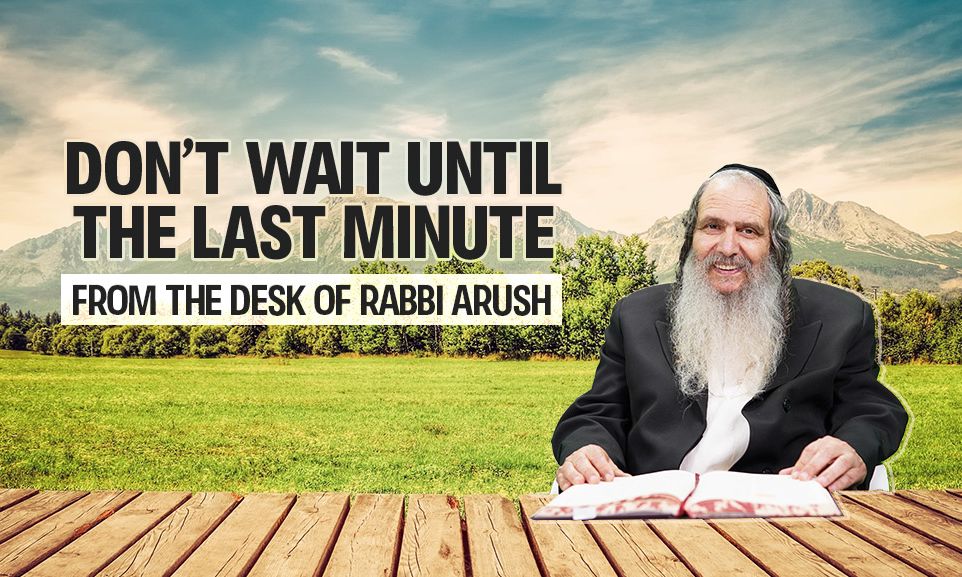
Don’t Wait Until the Last Minute
Teshuva is not just for Rosh Hashanah! Rebbe Nachman emphasizes daily hitbodedut (personal prayer) because one's entire teshuva depends on self-examination. Following the tzaddik and being connected to him means doing daily hitbodedut and teshuva.

Unafraid
The Chevra Kadisha people arrived at the designated address. They entered the house and saw an elderly Chassidic Jew lying in his bed, surrounded by his close relatives. Indeed, it did not look like he had long to live. And yet, He was lucid and well aware of everything happening around him. His face was calm and even happy; he seemed uncharacteristically tranquil considering the situation.
The experienced Chevra Kadisha workers knew what they were supposed to do. As in all such cases, they approached the man and asked him to confess, according to the Rambam’s directive: “Even if [he] was wicked all his life and did teshuva (repented) at the end, nothing of his wickedness is mentioned.” At the last minutes of a person’s life, even the most wicked of the wicked soften their hearts and feel regret for their actions, and even the righteous of the righteous are afraid of the Supreme Judgment and confess sadly.
But this Jew surprised the Chevra Kadisha. In a weak but confident voice, and with unusual presence of mind he said to them:
“Do you think I’ve waited for you?! Do you think that one can do teshuva in one day for a lifetime, especially in such a state of weakness? You should know that I didn’t wait for you. Today, too, like every day of my life, I got up at midnight, and said Tikkun Chatzot (the midnight prayers), and I did teshuva on the past twenty-four hours, as Rabbi Nachman of Breslev taught us. And therefore, I have nothing more to do to prepare for death. All my life I have been preparing for this moment, as Chazal teach us: “Repent one day before you die.”
The stunned Chevra Kadisha people were not prepared for such a situation and understood that they were being given the holy privilege of assisting one of the righteous of the generation in his journey to the Next World.
Decide and Start Today
This past Shabbat was the “Shabbat of Selichot.” The night after this Shabbat the Ashkenazi Jews begin to say Selichot (prayers in which we beg for forgiveness). And then – the great day of judgment, Rosh Hashanah, is right around the corner. Any Jew whose heart is touched by the fear of G-d wishes to make use of these last moments of the year to repent for the entire year and enter the day of judgment clean of any sin. That’s the way it should be. But, on the other hand, how can one repent for an entire year’s worth of deeds in one hour or even in one day? Seriously? Is this the right way to go about it?
Clearly, the right and proper way to do things is to follow in the path of that chassid.
In other words, prepare all year, every day, for Rosh Hashanah. If you do teshuva every day, in the way of hitbodedut, about which Rabbi Nachman says that it is a virtue greater than anything else – then be strong and continue with it. But if you are not yet managing to devote an hour a day to teshuva, now is precisely the time to take upon yourself this habit, on which all your teshuva depends. You have a week in which you can do it every day, and mainly pray and take upon yourself to do this every single day of your life, starting from today. [Editor’s Note: Need help with hitbodedut? Read Rabbi Arush’s book In Forest Fields.]
Rabbi Nachman of Breslev said that people should come to him on Rosh Hashanah to be with him. And “to be with him” refers not only to the physical aspect, not only to be in the place where he is buried, but “to be with him” means to be connected to him, to study his books, and to take his advice and implement it, and specifically the main piece of advice, on which everything else depends: the advice to practice hitbodedut, taking account of oneself, talking to the Creator, doing daily teshuva.
Rosh Hashanah in Uman is a guarantee for a good year, because you are connecting yourself to the tzaddik. But a complete connection to the tzaddik, a deep and true one, is to live every day the way the tzaddik would like you to.
Nitzavim is a Tikkun for Vayelech
This week we connect two parashas. In Parashat Nitzavim, all the Jewish people, young and old, stand before Hashem. Moshe is still alive, and he makes a covenant between the people and Hashem. But Moshe knows that the power to make the covenant comes from his being with them, among them.
And therefore, in the next parasha, when he appoints Yehoshua and takes leave from the Jewish People, he prepares them for the day after, the day when Moshe will no longer be close to them in the physical sense: “Soon you are going to rest with your ancestors. And this people will begin to stray after the foreign gods of the land into which they are going.” And then we get to the terrible passuk: “And I will hide My face…”
Hashem says that all the spiritual degeneration of the Jewish People and all the harsh punishments come from the fact that Moshe will be “resting with his ancestors.” In other words, that the Jews will become disconnected from the tzaddik. But Moshe Rabbeinu is not dead. He is alive; he exists. The righteous are considered alive even when they’re dead. And as long as the Jewish people live Moshe Rabbeinu’s Torah and follow the directives, which are the mitzvot, and as long as they attach themselves to books and to disciples, Moshe Rabbeinu is still the rabbi and the tzaddik and the leader, and the Jewish people are connected to him and are protected from all evil.
But when the Jewish people think, chalila, that Moshe Rabbeinu has passed on, when they think he is no longer their leader and tzaddik, then they are in danger of deteriorating spiritually, hitting bottom.
Returning From the Tzaddik with the Tzaddik
Rabbi Natan says that the passuk, “You are standing today, all of you” is very germane to erev Rosh Hashanah, which is the time when the Jewish people want to do teshuva and fix all the damage arising from their being distant from the tzaddik’s directives. In order to return and correct, all of them must be standing before Hashem, following the tzaddik’s advice!
Baruch Hashem, even during difficult times in the past – and difficult times today – tens of thousands of Jews travel to Uman to be next to the living, existing tzaddik, who teaches us the ways of teshuva, and not only the ways of teshuva of Aseret yemei teshuva (the Ten Days of Repentance – from Rosh Hashanah to Yom Kippur), but the ways of teshuva for every day of our lives.
And this way we are fixing and annulling all the “And I will hide My face” – all the dinim (judgments) and all the hiding. We are bringing the geula closer – and geula is the revealing of all that is hidden. Indeed, we hold that each and every trip to Uman of each and every one of us contributes to the geula sheleima. And especially those who not only go and arrive there, but also those who “take the tzaddik with them,” and live his directives all year round.
So, what does one do in Uman? In Uman one resolves never to leave the tzaddik and his directives. And even when we return home after Rosh Hashanah, we are not, chalila, leaving the tzaddik, but rather taking his light with us into every one of our days, through hitbodedut!
The Key to a Sweet Year
Even someone who, for whatever reason is not in Uman, and even the wives and the families who remain at home, they all should make sure in the days of Rosh Hashanah coming upon us for the good, to have a connection and an attachment to the tzaddik, through doing hitbodedut, and through accepting upon themselves that no day will pass without an hour of hitbodedut.
One can see that a Jew who is really connected to the tzaddik and does hitbodedut every day lives a life of Gan Eden in this world, because his entire year is truly good and sweet. He lives with teshuva, so naturally he lives a life without dinim (harsh judgments) and without any hiding of Hashem’s face.
And it’s the same thing with the matter of gratitude. Can one say “thank You” at the end of the year for the whole year? Of course not. One should say “thank You” every day.
Holy Jews, know and believe that there is no teshuva without following the tzaddik’s directive for self-examination. So, if you are less familiar with the Torah than Rabbi Nachman, then believe Rabbi Nachman who tells you that hitbodedut is the greatest and most supreme thing, better than anything else! Knowing that, you will certainly do this great thing and spend an hour a day doing hitbodedut.
But if you don’t perform hitbodedut every day, then you have apparently gotten ahead of Rabbi Nachman and you know the Torah better than him and have managed to find things that are greater than hitbodedut in the Torah, and therefore you have no time to invest in it.
Dear fellow Jews, hitbodedut is the primary directive. Hitbodedut is the feeling of completeness, of coming close to the tzaddik and following his advice. Hitbodedut is the real key to a truly good and sweet year!
Shana Tova, Ktiva v’Chatima Tova – may you be written in the book of true tzaddikim.


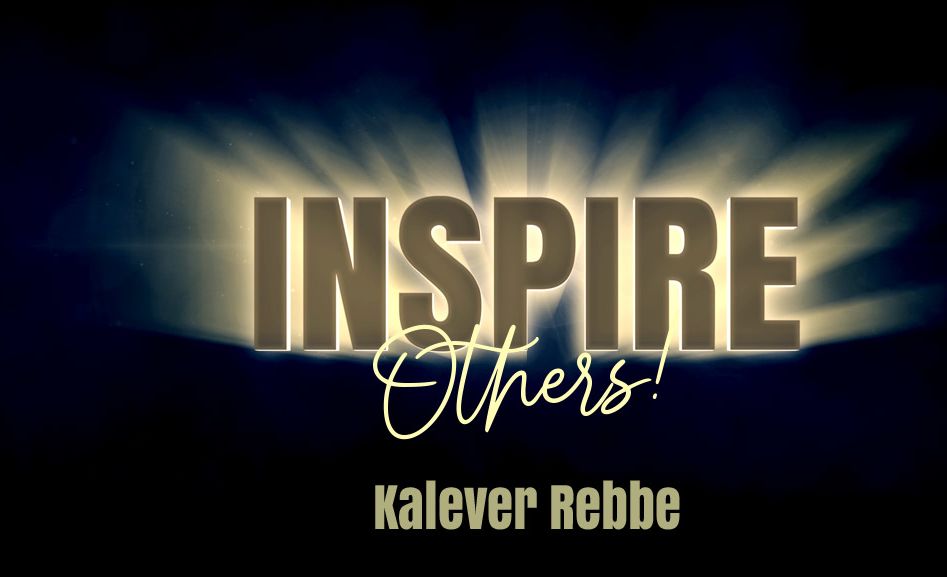
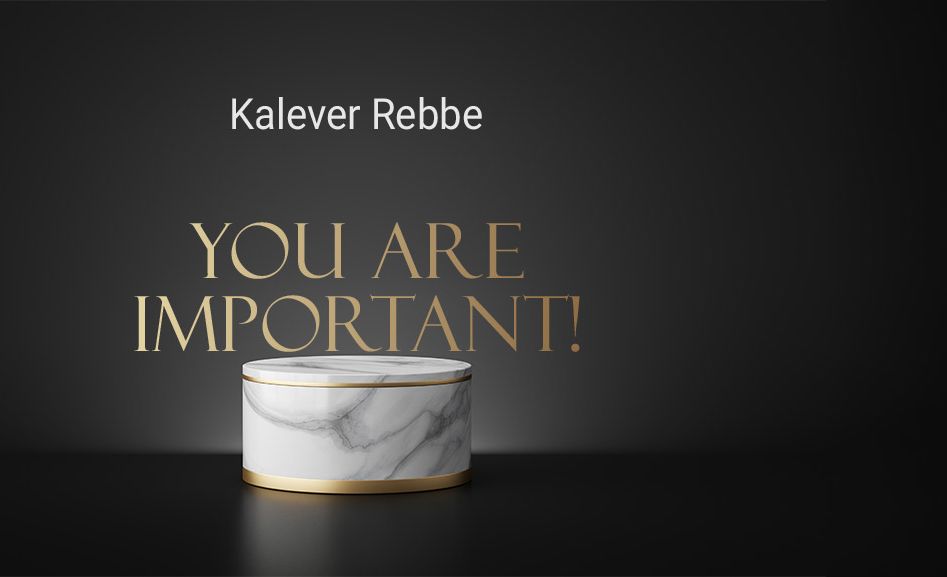
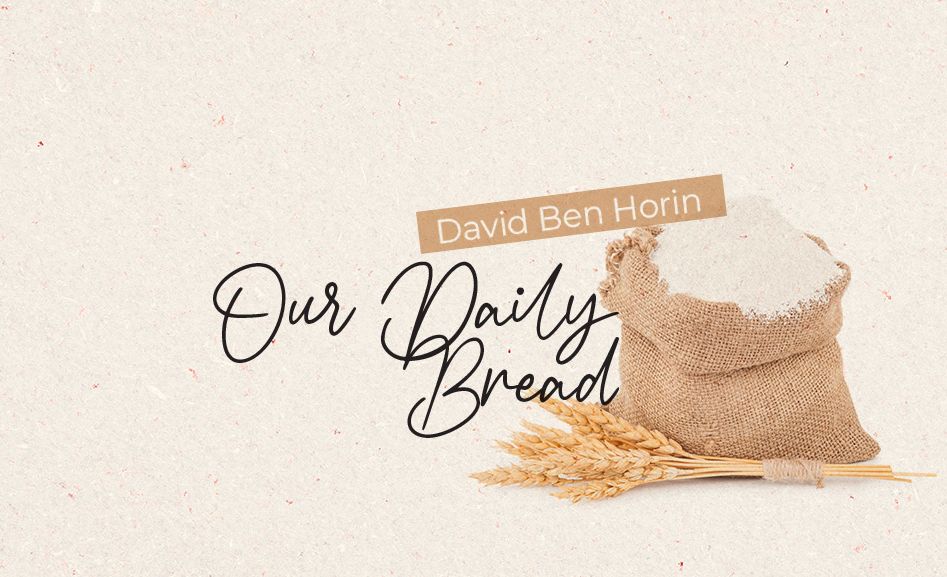
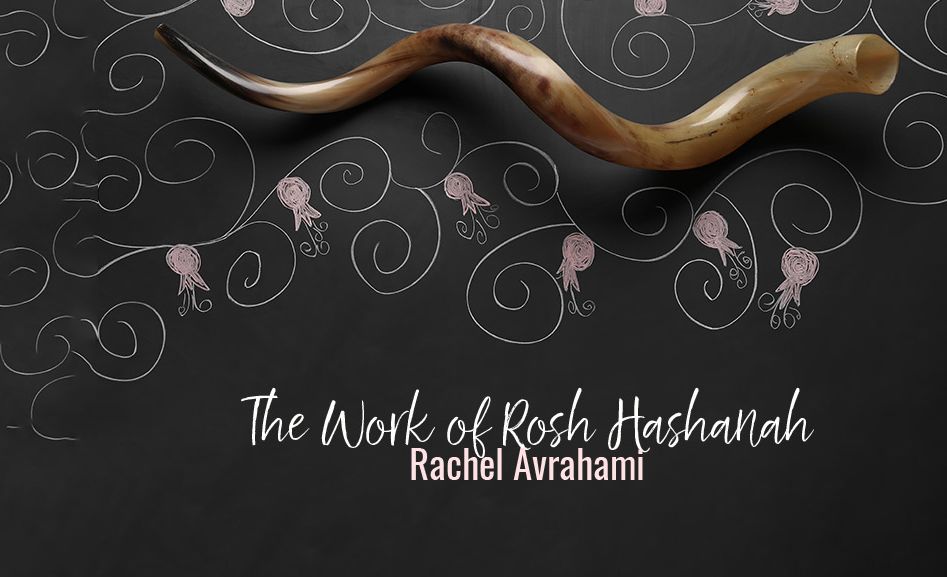

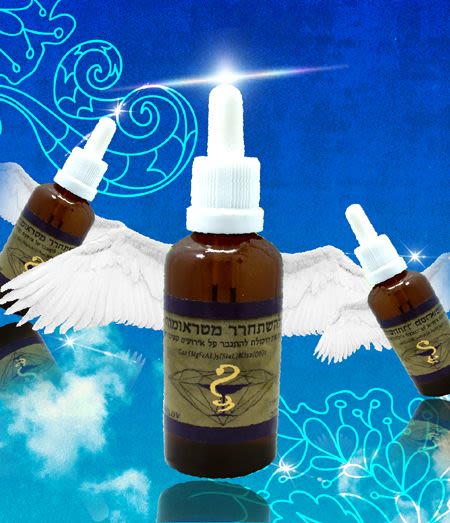
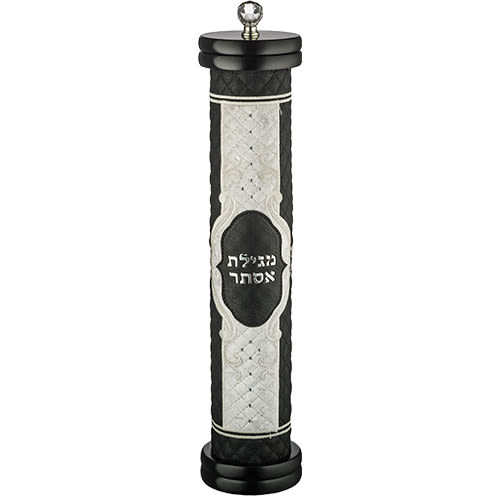

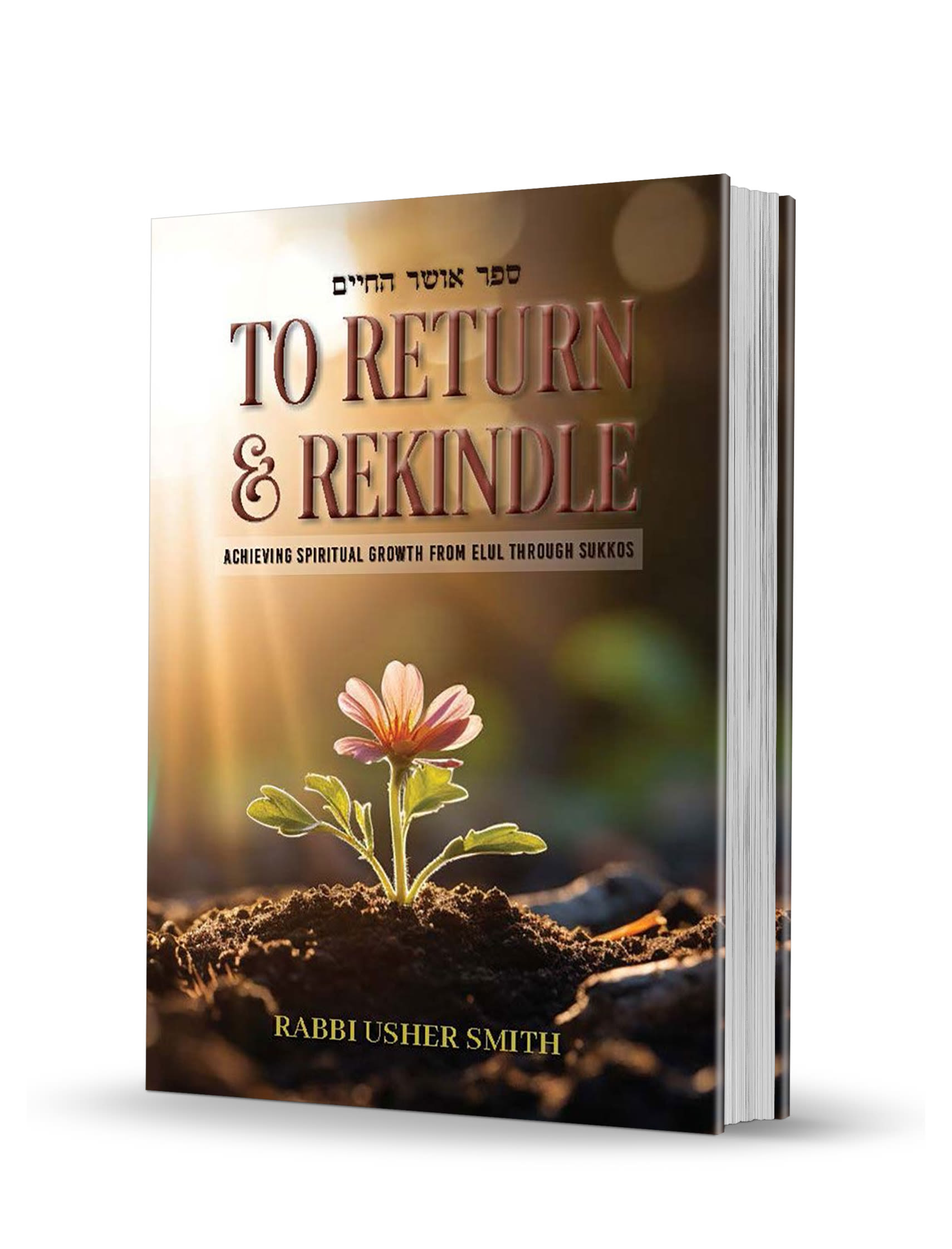
Tell us what you think!
Thank you for your comment!
It will be published after approval by the Editor.